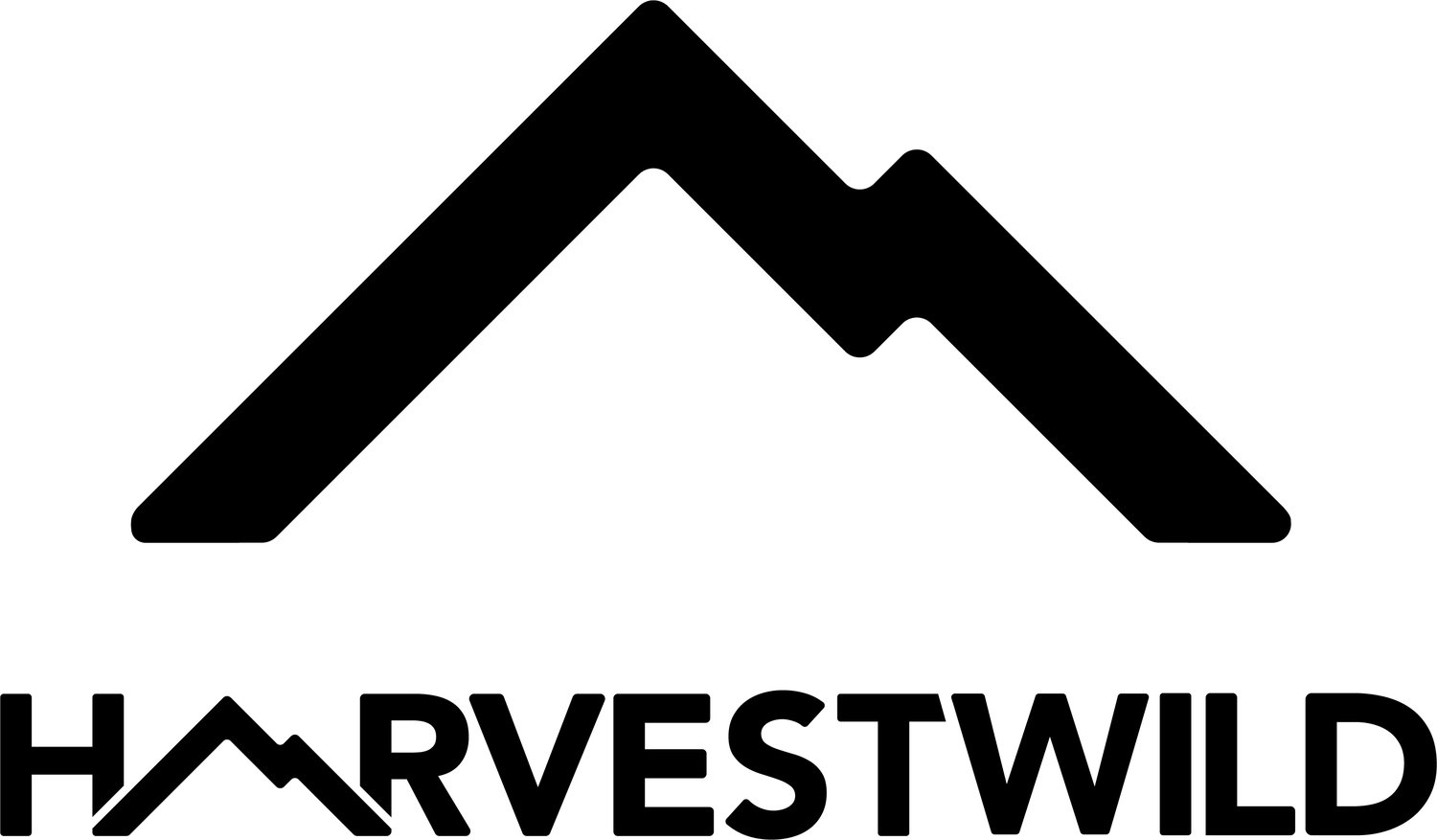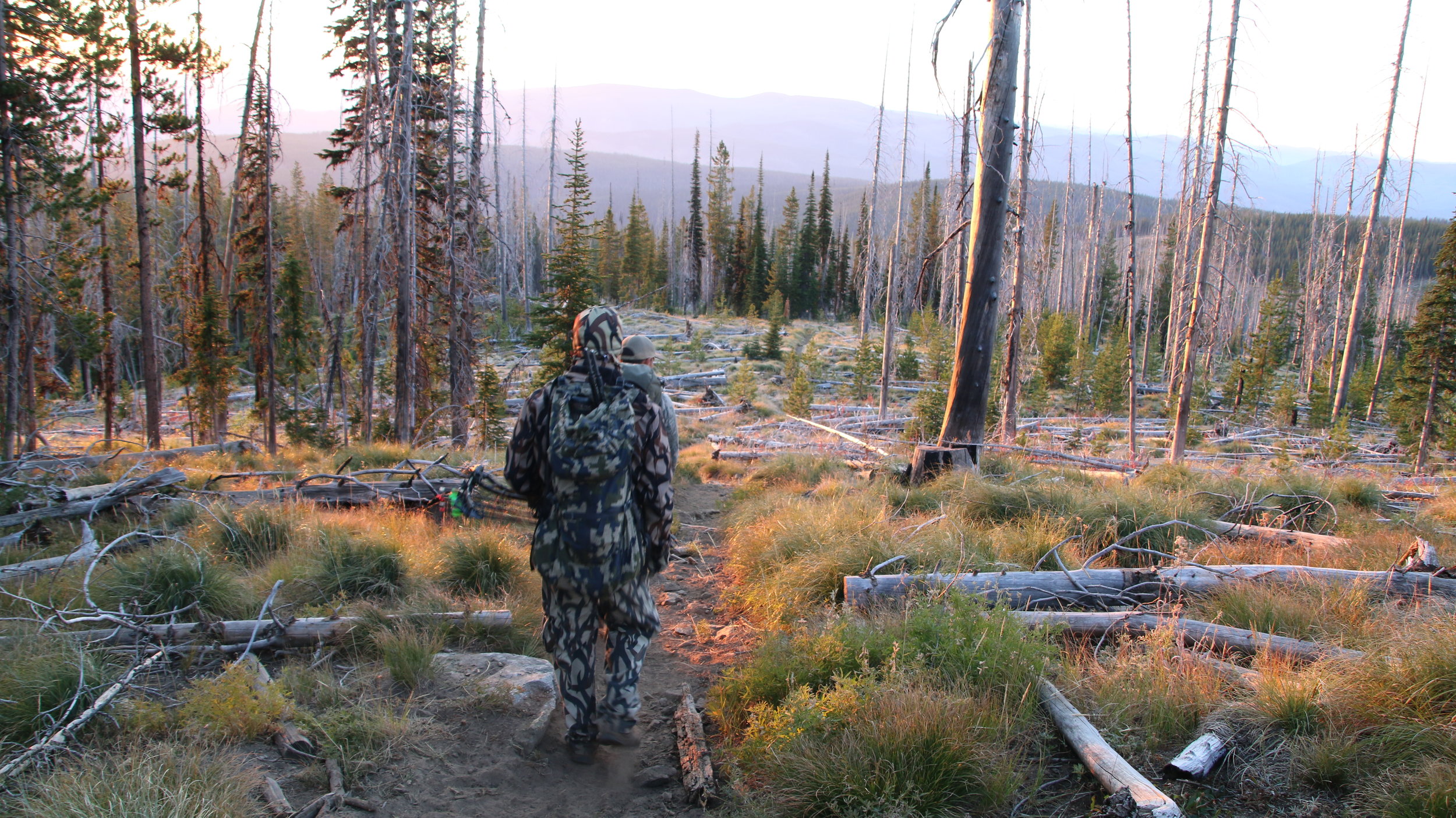Keeping Public Lands in Public Hands: Is this even a debate? Part 1 of 4
/A couple of years ago I woke up from a technology funk I was in and learned how to download Podcasts to my smartphone! I don’t really know why it took me so long to figure out this part of our digital world, but what a world it opened up for me— particularly with respect to my hunting and fishing pursuits.
Leading the way in several of my favorite shows was this on-going debate about whether federal lands managed and held in trust for the American people, primarily by the United States Forest Service (USFS) and Bureau of Land Management (BLM), should remain in federal control, or whether all or portions of these lands should be transferred to the states. This issue sounded reminiscent of the Sagebrush Rebellion— a movement that took place during the 1970s and the 1980s that sought major changes in federal land control with respect to livestock grazing, mineral extraction, and other economic development policy (see Wikipedia for more information)—which I had learned about during my early undergraduate studies. However, for some reason this more recent revival and political resurgence amount some lawmakers perked my interest more than it had in the past. I attribute this largely to the fact that since those college days, I have accumulated almost two more decades of time spent visiting public lands in California and other western states accumulating dozens of amazing outdoor experiences hunting, fishing, back backing, gathering wild foods, and backcountry skiing (just to name a few) and have grown to appreciate and enjoy, more than ever, the access that we all have to millions of acres public lands to pursue those activities that we all love so much.
If you are reading this blog, then you probably already know something about HarvestWild. What a great mission and concept: To connect people with wild places and wild foods. Now, more than ever, we need to connect people with wild open spaces; with wild rivers and streams; with wild mountain ranges and deep valleys; with rolling grassy hills and majestic oaks; and with each other as we explore and experience these places to hunt, fish, and gather wild food. The founders of HarvestWild believe this because connections to these places and the foods that come from them are examples of where we come from and who we are as a culture. The reason that this public lands debate should be so important to you, the reader, is because unless you have deep pockets or have friends or family with a lot of private land, most of us are utilizing federally managed public lands to access these wild places and harvest these wild foods. Access to our public lands may be in jeopardy! And we need to discern the facts from political spin or fear mongering in order to make informed decisions about how we provide support to those organizations that are fighting for the right causes, and how we decide to cast votes if and when lawmakers propose new legislation.
I like a healthy debate just like the next guy or gal. Despite having strong opinions on a particular subject, I believe that it is healthy and often highly educational to look at both sides of any issue. You often learn that those opinions that you once held so tightly and were willing to fight for, could be changed or modified, and you might even agree on some points with those on “the other side of the issue.” This is what listening, understanding, compromise, and solution-oriented collaboration is all about. And that’s probably what it will take for people to understand each other enough to come up with creative solutions for how we can best manage our public lands for the next generation and into the future.
To properly break down the “keep public lands in public hands” debate, and try to offer somewhat of a neutral perspective on the issue while doing so, I will provide a monthly blog post on HarvestWild over the next four months.
This first blog is here just to introduce the issue and try to emphasize to the reader why this is such an important debate to those that care about wild places and wild food that are found on public lands.
In the second part, I will provide principle arguments in favor of and in opposition to keeping public lands in federal control. Including, the organizations that provide those arguments and some insight into why they maintain the positions that they do.
In the third part, we will look back in time a bit at similar efforts that have occurred in the past to transfer management of public lands to states, as well as, efforts that are currently underway by certain states to manage public trust lands. What lessons can we learn from past and current efforts?
In the final piece, I will explain how we can all stay involved and actively participate in the issue, and which organizations that we suggest that you follow and support to best align with your values and the mission of HarvestWild.
Thanks for your interest... and keep it real, keep it wild!
Ben Letton




